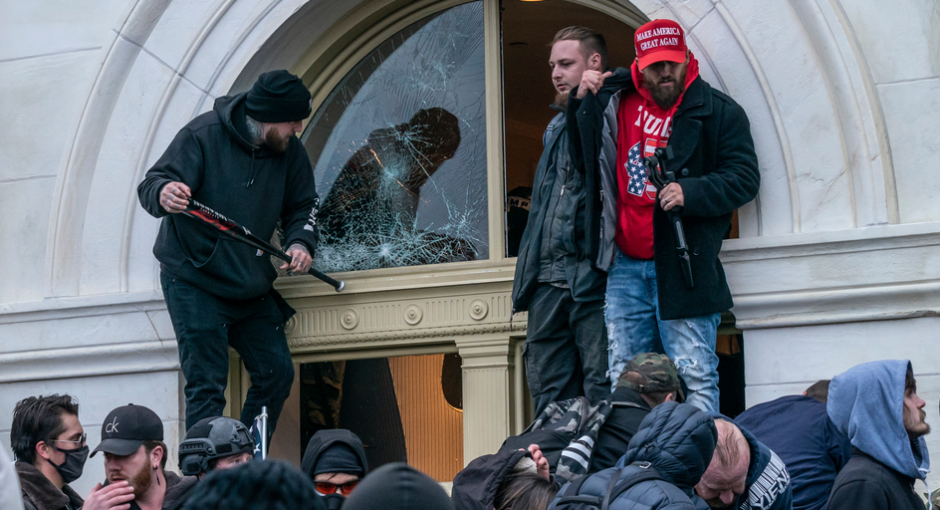National health care organizations and businesses with major stakes in the 340B program have suspended political contributions following a pro-Trump mob’s Jan. 6 violent attack on Congress to stop it from counting and certifying the Electoral College’s votes for president. A U.S. Capitol Police officer died due to injuries sustained while on duty, and 14 police officers were injured. A protester who entered the Capitol was shot and killed.
Biotechnology Innovation Organization (BIO) on Jan. 11 said it “will be pausing our political giving so we can reassess the criteria upon which we support political candidates in the future.” Pharmaceutical Research and Manufacturers of America (PhRMA) on Jan. 12 said it “paus[ed] political giving to those who voted to reject the outcome of the election.”
The American Hospital Association board on Jan. 14 said it was reviewing “our political giving practices to ensure they are guided by our association’s vision and mission, as well as the democratic values we share as a nation.” America’s Essential Hospitals on Jan. 15 said “we have suspended contributions from our Essential Hospitals Political Action Committee to members of Congress who voted against certifying the results of a free and fair election.” Hospital group 340B Health has not issued a statement about future political contributions from its 340B Health PAC. The National Association of Community Health Centers (NACHC) and Ryan White Clinics for 340B Access (RWC-340B) do not have PACs.
News organization STAT reported last August that BIO’s political action committee had made $201,673 in campaign contribution up to that point during the 2020 election cycle, and PhRMA’s PAC had donated $196,500. Overall, STAT said drug manufacturers and their trade groups had donated about $11 million as of August 2020 to individual candidates or their affiliated committees, to groups like the National Republican Senatorial Committee, or to other PACs. STAT said 53.5 percent of drug industry PAC donations went to Republicans in 2020 and 46.6 percent to Democrats.
STAT and other news organizations report that drug manufacturers Amgen, Gilead, Horizon, Johnson & Johnson, Lilly, and Sanofi either have paused or are considering whether to pause their campaign contributions, either entirely or just to the 147 Republican members of Congress who voted against certifying the results of the presidential election. Considering the key health care policy matters that will be debated in Congress in the coming session, it is unclear how long these organizations will hit the pause button but it might not be for long.


